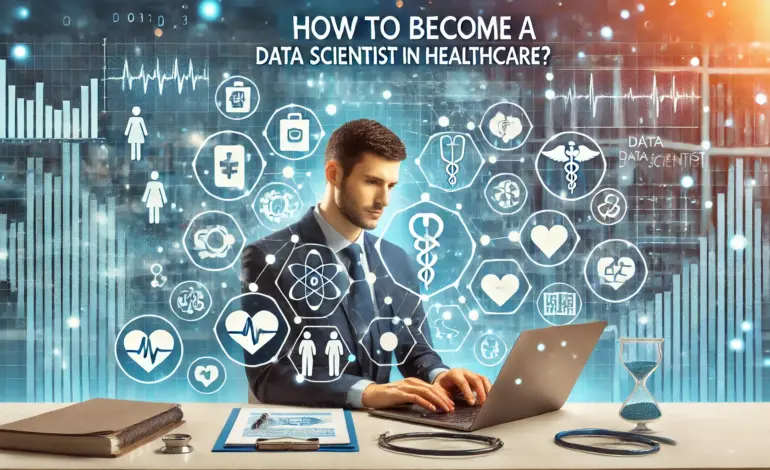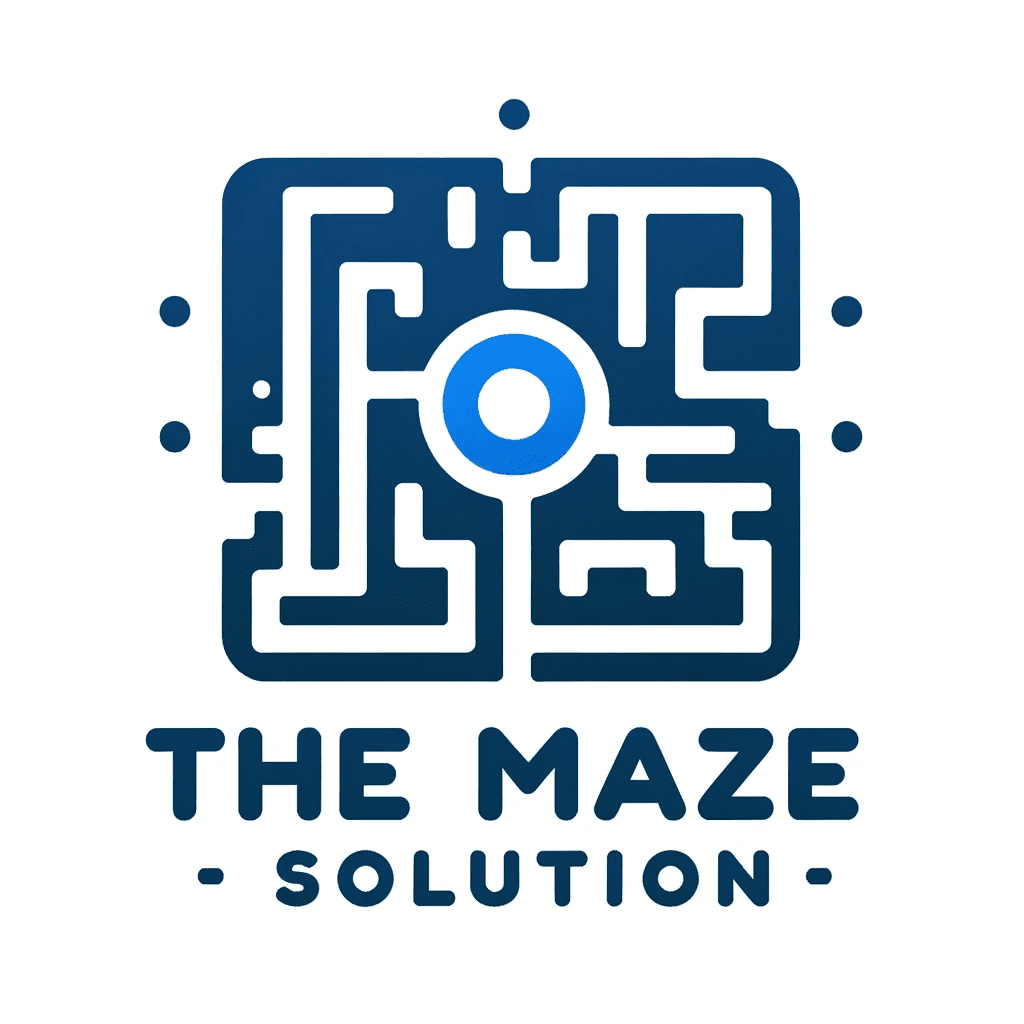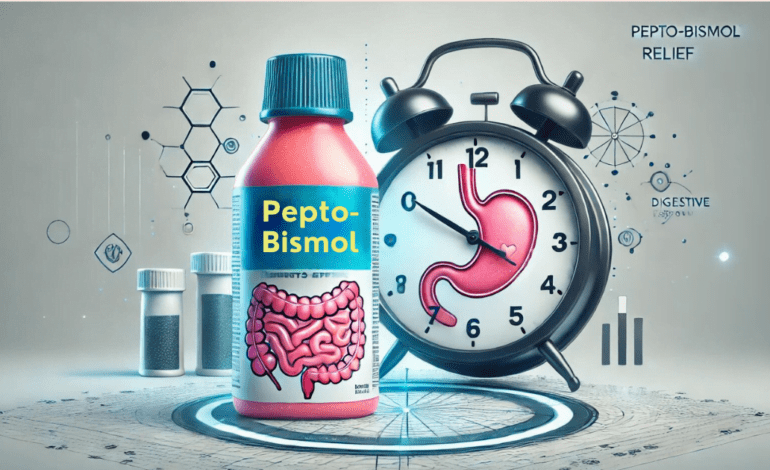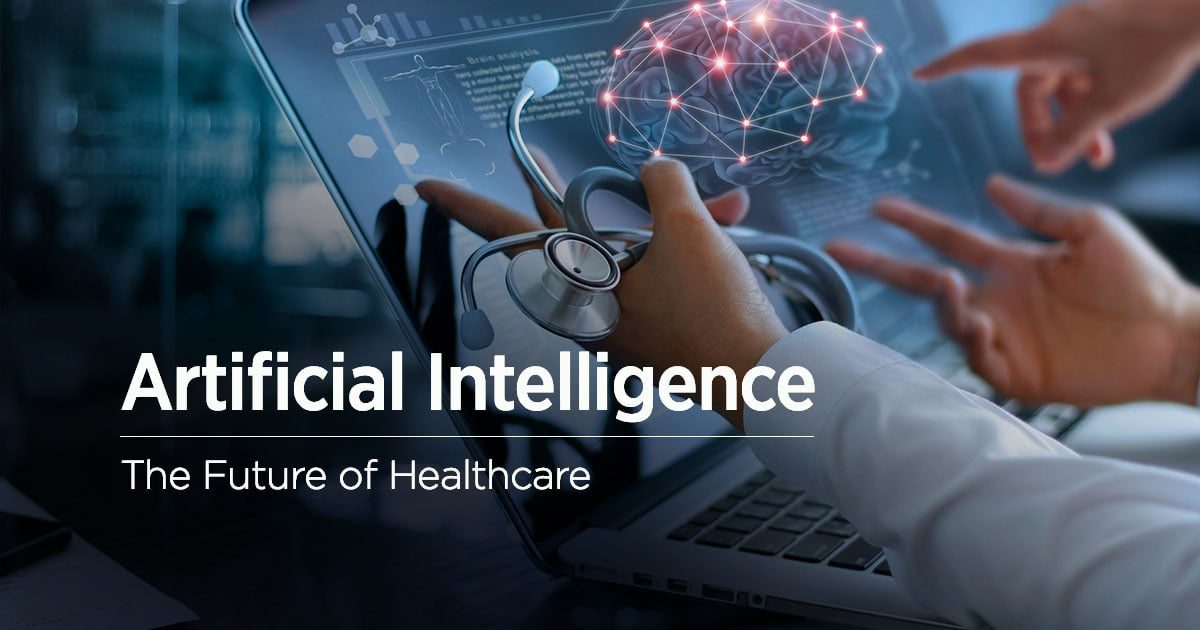How to Become a Data Scientist in Healthcare?

Data science is a transformative force in healthcare, revolutionizing how medical data is analyzed and utilized. With advancements in artificial intelligence (AI) and machine learning, medical professionals like physicians, nurses, and pharmacists can employ predictive modeling and advanced research methodologies to improve patient outcomes. These innovations are enabling more accurate diagnosing and treating of ailments, both mental and physical, while enhancing operational efficiencies within the health system. The impact is profound, making previously impossible feats like personalized medicine a reality for individual patients.
For people who want to become data scientists and work in health care, this is a huge chance to move up in their careers. This blog acts as a plan, showing the way through important medical education, new trends, and the different areas and groups that work in healthcare. You can help improve the health of the people by grasping key ideas, understanding policies, and mastering complicated processes. Whether they are in charge of groups of people or trying to change how things are prevented and treated, the job can have a big effect. Accepting what was once impossible lets people be a part of this health-changing force.
2. Understanding the Role of a Data Scientist in Healthcare
What Does A Healthcare Data Scientist Do?
Roles and Responsibilities of a Healthcare Data Scientist
A healthcare data scientist plays a significant role in transforming the medical field by handling data from various sources such as medical records, patient records, insurance claims, billing information, lab results, and clinical trials. Their duties include collecting, extracting, and cleaning data, as well as cleaning and managing large datasets to ensure efficient data management and cleaning processes. They work with different forms of healthcare information, retrieve data, and store data safely so it can be accessed at any time. To ensure confidentiality and security, they implement robust data protection measures and comply with HIPAA and other healthcare regulations, maintaining data privacy and security to ensure accuracy and integrity of data.
Utilizing programming languages like Python and possessing strong knowledge of SQL for database management, they analyze data, including analyzing biological data and complex datasets, to gain insights and interpret findings. They identify patterns and trends using advanced statistical techniques, machine learning algorithms and tools, and deep learning. By developing machine learning models, training predictive algorithms, and engaging in predictive modeling and machine learning, they predict changes and predict outcomes such as the onset of certain diseases like diabetes and cardiovascular problems. They forecast disease outbreaks and project future patterns, aiding in early intervention, diagnosis and treatment options, and personalized treatment plans.
Working with medical imaging and imaging techniques, they identify anomalies like tumors and fractures. By monitoring health through wearable health devices that track vital signs such as blood pressure, heart rate, and oxygen level, they can alert the patient and healthcare professionals before deterioration happens, improving treatment outcomes.
Key Responsibilities:
- Design and implement clinical decision support systems to assist in critical events and patient risk assessment.
- Monitor and evaluate healthcare procedures and hospital operations to optimize operations, minimize expenses, and improve resource utilization data.
- Collaborate with healthcare professionals, IT teams, and non-technical stakeholders to convey complex data insights and bridge the gap between data analysis and practical applications.
- Develop programs and applications of data science for patient-centered applications, aiding healthcare workers in their daily practices.
- Harness the power of AI and deep learning to identify potential drug candidates, aiding in the drug trial process and helping to understand drug behavior within the human body.
Skills Required:
- Technical skills: proficiency in programming languages like Python, knowledge of SQL, and expertise in machine learning algorithms and tools.
- Soft skills: critical thinking, problem-solving abilities, and strong communication skills to work with non-technical stakeholders and make informed decisions.
- A combination of technical and soft skills is essential to contribute significantly to the industry’s success and in transforming the medical field.
3. Educational Pathways
Relevant Degrees and Certifications: Educational qualifications are foundational for a career in data science. Consider pursuing:
- Bachelor’s Degree: Degrees in Computer Science, Statistics, Mathematics, or related fields provide a solid foundation.
- Advanced Degrees: A Master’s or Ph.D , Bioinformatics, or Public Health can enhance your expertise and open more opportunities.
Online Courses and Bootcamps: In addition to formal education, online courses and bootcamps offer flexibility and specialized training:
- Popular Platforms: Coursera, edX, and Udacity offer courses tailored to data science in health related fields.
- Recommended Courses: Look for courses that cover health analytics, machine learning, and data visualization.
4. Gaining Relevant Experience
Practical experience is crucial in the field of data science. Internships and entry-level positions provide hands-on experience and exposure to real-world data challenges. Look for opportunities in hospitals, research institutions, and Medical care startups.
Building a strong portfolio through projects and research is also vital. Engage in projects that showcase your ability to handle health data, such as contributing to open-source projects or collaborating on research papers. This not only builds your skills but also enhances your resume and professional credibility.
5. Developing Technical Skills
Programming Languages:
- Python: Widely used for data analysis, machine learning, and artificial intelligence. Python has libraries like Pandas, NumPy, and SciPy for data manipulation and statistical analysis, as well as TensorFlow and Keras for building machine learning models.
- R: Another popular language for statistical computing and graphics. R is particularly strong in statistical analysis and visualization with packages like ggplot2, dplyr, and caret.
- SQL: Essential for managing and querying large databases. SQL is used to retrieve and manipulate data stored in relational databases, which is common in Health services data management.
Data Handling and Manipulation:
- Data Cleaning: Learn techniques for dealing with missing data, outliers, and inconsistencies. This includes understanding the structure of healthcare data, such as electronic health records (EHRs), and cleaning it for analysis.
- Data Integration: Combine data from different sources. This might involve integrating data from various healthcare systems, such as patient records, lab results, and imaging data.
Statistical Analysis:
- Descriptive Statistics: Understand measures of central tendency (mean, median, mode) and dispersion (variance, standard deviation) to summarize data.
- Inferential Statistics: Learn methods to make predictions or inferences about a population based on sample data. This includes hypothesis testing, confidence intervals, and regression analysis.
Machine Learning and AI:
- Supervised Learning: Techniques like linear regression, logistic regression, decision trees, and support vector machines used for predictive modeling.
- Unsupervised Learning: Methods such as clustering and principal component analysis for finding patterns in data.
- Deep Learning: Understand neural networks and their applications in Medical services, like image recognition for radiology and pathology, or natural language processing for analyzing medical records.
Data Visualization:
- Tools: Master tools like Matplotlib, Seaborn, and Plotly in Python or ggplot2 in R to create compelling visualizations that communicate insights effectively.
- Dashboards: Learn to build interactive dashboards using tools like Tableau, Power BI, or Dash to present data findings to stakeholders.
Big Data Technologies:
- Hadoop and Spark: Understand how to handle and process large datasets using big data technologies. These tools are crucial for working with the vast amounts of data generated in healthcare.
- Cloud Platforms: Gain familiarity with cloud computing platforms such as AWS, Google Cloud, or Azure, which offer services for data storage, processing, and machine learning.
Healthcare-Specific Knowledge:
- Medical Terminology: Understand basic medical terminology and the structure of healthcare data.
- Regulations and Compliance: Be aware of regulations like HIPAA (Health Insurance Portability and Accountability Act) that govern the privacy and security of health data.
- EHR Systems: Learn how to work with electronic health records and understand the common formats and standards used in healthcare data.
Practical Application
To effectively develop these technical skills, consider the following strategies:
- Online Courses and Tutorials: Platforms like Coursera, edX, and Udacity offer specialized courses in data science and Medical care analytics.
- Projects and Internships: Gain hands-on experience by working on real-world healthcare data projects or internships. Practical experience is invaluable for solidifying your technical skills.
- Certifications: Obtain certifications in data science or Medical services analytics to validate your skills and knowledge. Examples include certifications from organizations like the Data Science Council of America (DASCA) or specific courses on platforms like Coursera.
6. Understanding Healthcare Systems and Regulations
Knowledge of health systems and regulations is critical.
Healthcare Data and Privacy Laws:
- HIPAA, GDPR: Understanding these regulations is essential for handling sensitive health related care data.
- Ethical Considerations: Ensure ethical handling of patient data by adhering to privacy laws.
Familiarizing with Healthcare Terminologies and Systems:
- Electronic Health Records (EHR): Learn about EHR systems and their importance in health related data management.
- Clinical Data Management: Understand the processes involved in managing clinical data.
7. Networking and Professional Development
Networking and continuous professional development are key to career growth.
Joining Professional Organizations:
- HIMSS, AMIA: Join organizations like HIMSS and AMIA to connect with professionals and access resources.
Attending Conferences and Workshops:
- Opportunities for Learning and Networking: Participate in conferences and workshops to learn from industry experts and network with peers.
- Keeping Up-to-Date with Industry Trends: Stay informed about the latest trends and advancements in healthcare data science.
8. Building a Successful Career
Crafting an impressive resume and preparing for job interviews are crucial steps.
Crafting an Impressive Resume and LinkedIn Profile:
- Highlighting Relevant Skills and Experiences: Emphasize your technical skills, projects, and experiences relevant to health related.
- Showcasing Certifications and Projects: Include certifications and significant projects in your resume and LinkedIn profile.
Preparing for Job Interviews:
- Common Interview Questions: Prepare for common interview questions related to data science and Medical care.
- Demonstrating Problem-Solving Abilities: Showcase your problem-solving skills by discussing past projects and experiences.
9. Future Trends and Opportunities in Healthcare Data Science
The future of healthcare data science is promising, with advancements in AI and machine learning leading the way.
Advancements in AI and Machine Learning:
- Potential Impact on Medical care: Explore how AI and machine learning can transform patient care and healthcare management.
- Emerging Job Roles and Specializations: Stay aware of new job roles and specializations emerging in the field.
Continuous Learning and Adaptation:
- Importance of Staying Updated: Regularly update your skills and knowledge to keep pace with technological advancements.
- Lifelong Learning Resources: Utilize resources like online courses, workshops, and professional networks for continuous learning.
Embarking on a journey to become a data scientist in health field is both challenging and rewarding. The field combines the rigor of data science with the impactful nature of health related fields, allowing professionals to make significant contributions to patient outcomes and the efficiency of healthcare systems.
To summarize, the path to becoming a data scientist in healthcare involves several key steps:
- Education: Start with a strong foundation, through formal education. A degree in data science, computer science, statistics, or a related field is essential. Supplement this with specialized courses in healthcare analytics and medical informatics.
- Developing Technical Skills: Master essential programming languages like Python, R, and SQL. Gain expertise in data handling, statistical analysis, machine learning, and data visualization. Familiarize yourself with big data technologies and cloud platforms to handle the vast amounts of data in medical care.
- Gaining Experience: Practical experience is crucial. Engage in internships, projects, and collaborations with health related professionals. Work on real-world health related data projects to apply your skills and gain insights into the specific challenges of the industry.
- Specializing in Healthcare: Develop a deep understanding of medical care systems, medical terminology, and regulations. Learn how to work with electronic health records (EHRs) and understand the standards and formats used in healthcare data.
- Certifications: Obtain certifications to validate your skills and knowledge. Certifications in data science, health related care fields analytics, and relevant programming languages can enhance your credibility and career prospects.
- Networking and Professional Growth: Build a network of professionals in the medical care and data science communities. Attend conferences, join professional organizations, and participate in online forums to stay updated with the latest trends and opportunities.
The role of a data scientist in medical care is pivotal in addressing some of the most pressing challenges in the industry. From improving patient care and outcomes to optimizing operational efficiency and reducing costs, the insights derived from healthcare data can drive significant advancements.
Moreover, the health industry is increasingly recognizing the value of data-driven decision-making, leading to a growing demand for skilled data scientists. This creates ample opportunities for those who are passionate about leveraging data to make a difference in the health related sector.
References and Resources
To further your journey, here are some recommended books, articles, and websites:
- Books: “Data Science for Healthcare: Methodologies and Applications” by Sergio Consoli, Diego Reforgiato Recupero, and Milan Petkovic.
- Articles: Research articles from journals like the Journal of Biomedical Informatics.
- Websites: Coursera, edX, HIMSS, and AMIA offer valuable resources and courses for aspiring health related data scientists.
To read our more interesting blogs : Wednesday motivational blog
How do I become a healthcare data scientist?
Steps to Becoming a Healthcare Data Scientist
To become a healthcare data scientist, you need certain skills and experience.
1. Bachelor’s or master’s in a scientific degree
2. 2+ years of experience in data analytics or healthcare
3. Advanced proficiency in Python, R, Ruby, SQL, and data wrangling
4. Competence in Microsoft Office suite, especially Excel
5. Experience with analytics tools like Metabase and Mixpanel
6. Ability to explain complex models to technical colleagues and non-technical colleagues
7. Presentation skills, communication, good time management, and other soft skills
8. Enthusiasm for broadening these skills and desire to work at the intersection of healthcare and technology
9. Knowledge of database and reporting software
10. These skills are pooled from dozens of job descriptions, highlighting the most common skills required
Including a scientific degree and past experience, these are fairly standard skills for an entry-level data analyst role
What does a data scientist do in a hospital?
Data scientists in healthcare are responsible for collecting large amounts of data from a wide variety of sources to help healthcare practitioners like doctors, pharmacists, and psychologists in diagnosing illnesses and treating patients. They write reports that provide important information by using data to study specific illnesses, aiding in the approach treatment process. By collecting more data and analyzing it, they improve treatment strategies and contribute to better outcomes for patients. Their role involves using their data expertise to support the healthcare system in managing various illnesses.
How much do healthcare data scientists make in the US?
The yearly pay for a Data Scientist in the United States is approximately $111,402, based on salary information collected directly from employees, users, and past and present job advertisements on Indeed over the past 36 months. This number is an approximation and is 6% below the national average. These salary figures are based upon third party submissions and are provided for the purpose of generalized comparison only. Actual salary figures may differ by jurisdiction, so it’s advisable to consult the employer or organizations like the Health Care Service Corporation for precise details. The data comes from 33 data points and does not reflect the minimum wage.
How long does it take to become a healthcare data analyst?
Becoming a health care data analyst typically takes about 4-6 years, including the time to earn a bachelor’s degree and gain practical experience. Pursuing a master’s degree can add an additional 1-2 years, providing more relevant expertise for the field.





